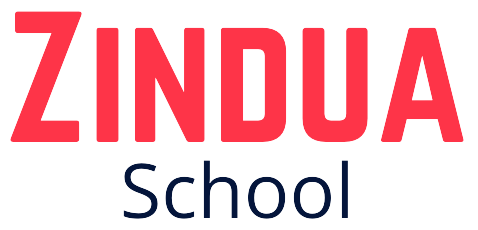Income-Share Agreements – Alternative to Student Loans
Income-share agreements (ISAs) are a type of financial arrangement in which a student agrees to pay a percentage of their future income to a lender in exchange for financing their education. In other words, rather than borrowing a fixed amount of money and repaying it with interest, as with a traditional student loan, the student agrees to pay back a percentage of their income over a set period of time.
There are several advantages to using an ISA to finance education:
- ISAs are often less risky for students than traditional student loans because they are based on future income rather than a fixed amount of money. This means that if a student’s income is lower than expected, their payments will be lower as well.
- ISAs can be more flexible than traditional student loans, as the terms of the agreement can be customized to fit the needs of the student. For example, a student may be able to negotiate a lower percentage of their income to be paid back if their chosen career is lower-paying.
- ISAs can also be a more attractive option for students who are unsure about what career they want to pursue, as they are not tied to a specific field of study or career path.
- Because ISAs are not considered debt, they do not show up on a student’s credit report and do not affect their credit score.
However, there are also some disadvantages to consider when considering an ISA:
- ISAs are not as widely available as traditional student loans, so they may not be an option for all students.
- ISAs can be more expensive in the long run than traditional student loans if a student’s income is higher than expected, as they will end up paying back a larger percentage of their income.
- ISAs may not provide as much financial security as traditional student loans, as they do not offer a fixed payment schedule or fixed interest rate.
- Some critics argue that ISAs can discourage students from pursuing lower-paying but meaningful careers, as they may feel pressure to choose higher-paying jobs in order to pay back their ISA more quickly.
How do Income-share agreements compare to student loans?
When comparing ISAs with traditional student loans, it is important to consider the specific needs and goals of the student. For some students, an ISA may be a more attractive option due to its lower risk and greater flexibility. However, for others, a traditional student loan may be the better choice due to its fixed payment schedule and potentially lower overall cost. Ultimately, the decision will depend on the individual circumstances of the student and the terms of the ISA or student loan being offered. To learn more about income-share agreements, you can visit Chaptr Global’s website, one of the pioneer ISA providers in Africa.
Zindua’s commitment to income-share agreements to finance students who cannot afford the program.
Zindua School seeks to make coding education as accessible as possible to many Africans as possible. Therefore, Zindua School has partnered with Chaptr Global to allow students to defer up to 50% of their program fees into an ISA. To learn more about Zindua’s financing options, including income-shares, visit this website page.







